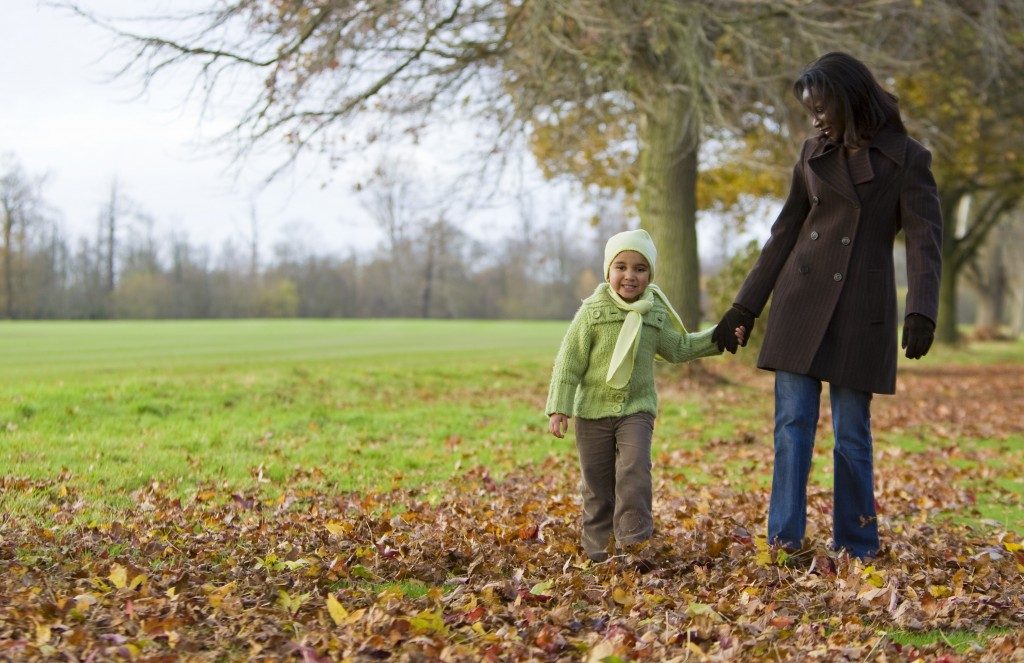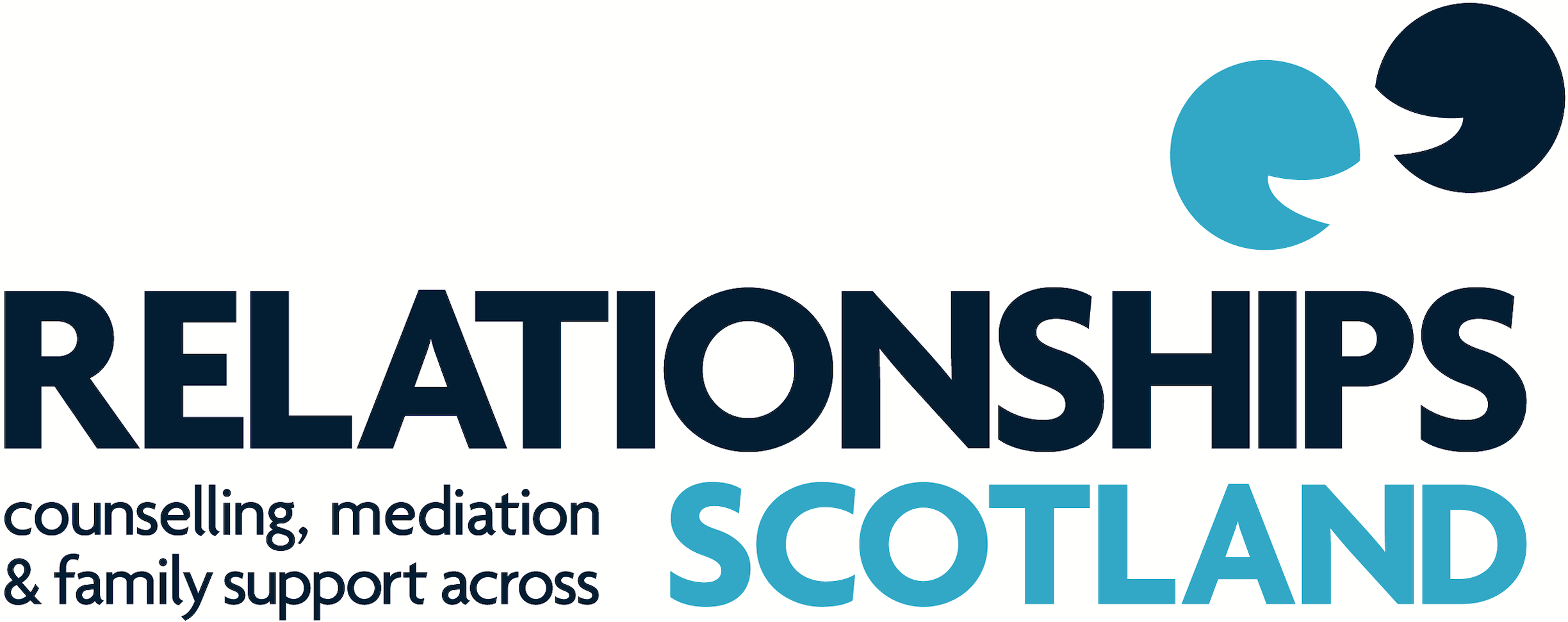
How would mandatory mediation protect survivors of domestic abuse?
Guest post from Rosanne Cubitt, Joint Head of Professional Practice at Relationships Scotland.
Mediation is, essentially, a voluntary process in which parties are helped to communicate, negotiate and make their own decisions. There is no compulsion to agree and no decision imposed. So what is ‘mandatory mediation’? The term is normally used as a short hand to mean ‘mandatory referral to find out about mediation’, which is quite different from compulsory mediation. Most people aren’t aware of the options open to them when they are in a dispute, and approach the legal profession by default. But there are other routes to resolving issues, and proponents of mediation are keen to encourage as many people as possible to find out about them and to make an informed decision as to the best way forward. Mandatory referral to find out about mediation, a mandatory information meeting, would help many more people to understand what is involved and how it works.
One of the key aspects of mediation is the opportunity for all parties to speak openly and to be heard, and for them to be able to negotiate effectively. Concerns have been raised that this is not possible, appropriate or safe when there is or has been violence or abuse in a relationship. Some people believe that the power difference in these relationships is too great to allow effective negotiation and that safety is compromised. Others, however, claim the opposite – that mediation can provide a safe place for the abused party to talk in the presence of an impartial and professionally trained third person. They would suggest that mediation can empower the abused party, particularly when compared with the court process.
At Relationships Scotland we believe that behaviour that seeks to secure power and control, or instil fear for one person over another through violence, coercion, control and inequality is unacceptable.
Violence and abuse in relationships is a complex issue and abuse takes many forms and has many causes. In some cases it is within a pattern of coercive controlling behaviour and fear. Sometimes the abuse is one off, more mutual or related to a particular incident. Mediation is not always appropriate, but it can be productive in some cases, with additional protective measures in place. Safeguards might include staggered arrival and departure times, separate waiting areas, an agreed signal indicating a need for time out and some separate sessions.
It is important that there is appropriate assessment, screening, management and monitoring of risks, and referral to specialist agencies if required. At Relationships Scotland we recognise that any form of violence or abuse may present a risk to children, young people and vulnerable adults and their safety and protection must be considered in all cases. At Relationships Scotland this is ensured through an initial individual (intake) meeting with a trained worker where relationship issues are explored and the appropriateness of mediation is discussed. Where it is not appropriate the mediation service assumes responsibility for the decision, informs any referring agencies including the court and manages confidentiality according to National Policy and Procedures. Parties are supported to make contact with other agencies that can help.
The process of mandatory referral to find out about mediation would protect survivors of Domestic Abuse as they would not be required to attend an information meeting. Through Relationships Scotland it would give those who have experienced family conflict that has developed into inappropriate behavior, including some level of violence and abuse, the opportunity to explore issues (at an individual meeting) prior to making a decision about whether or not to go ahead with mediation. No one would be compelled to mediate but parties would be supported with additional safety measures or to engage with other agencies if required. It would give them the opportunity to explore fully all the options open to them in resolving their dispute, which is particularly important in family cases where there are on-going parental responsibilities, and decisions about contact and parenting to be made. It has the potential to empower some people to negotiate these decisions themselves rather than relying on the court.
